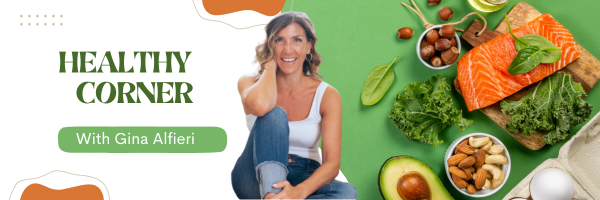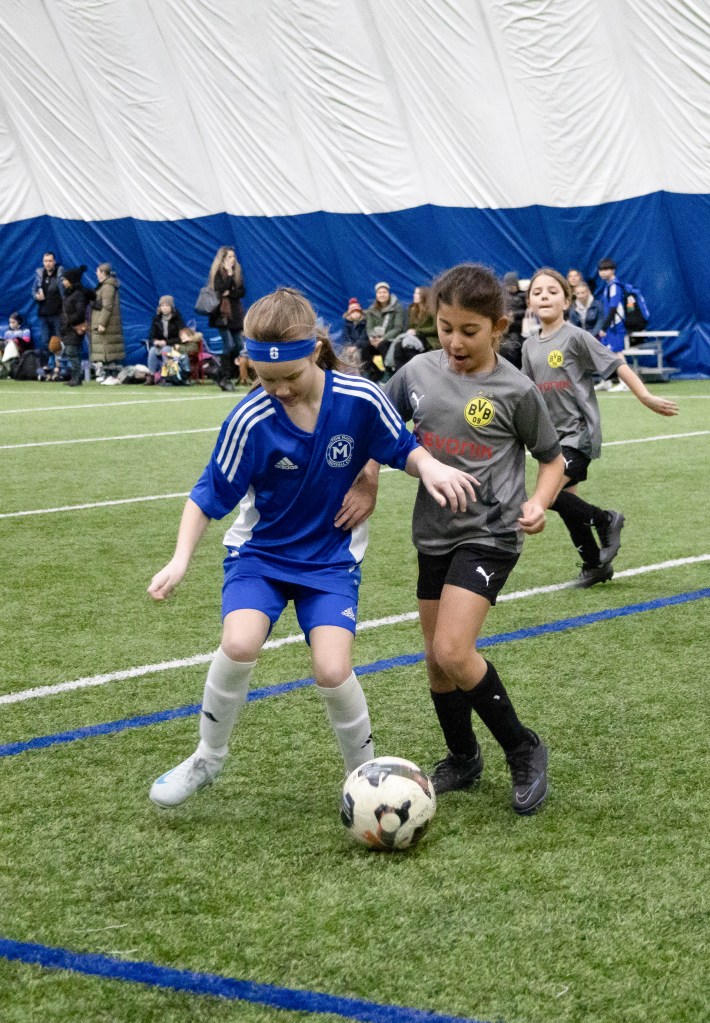
Spring Training Nutrition for Soccer Players – Fueling Performance at Every Age
By Gina Alfieri, CNP NNCP
Spring is here, bringing a renewed focus on training and performance. As a holistic nutritionist working with athletes, I know how critical nutrition is for performance, endurance, and injury prevention. Whether your child is just starting out or playing at a competitive level, fueling correctly will set them up for success. Let’s break down key nutrition strategies for three age groups: U4-U7, U8-U12, and U13+.
U4-U7: Establishing Healthy Habits
At this stage, young players are just learning basic motor skills and having fun on the field. Proper nutrition supports their overall growth and helps build strong habits early on.
✅ Encourage a Variety of Foods – Introduce colorful fruits and vegetables, lean proteins, whole grains, and healthy fats to support development and energy levels.
✅ Keep Meals & Snacks Simple – Young kids do best with easy-to-eat, nutrient-dense foods like yogurt with fruit, nut butter on whole-grain toast, cheese with whole-grain crackers, or hummus with veggie sticks.
✅ Hydration Awareness – Teach kids to drink water regularly, as they may not recognize thirst. Avoid sugary drinks and opt for water with fruit slices for flavor.
✅ Pre-Game Snack – A light, easy-to-digest option like half a banana, a few apple slices with nut butter, or a handful of whole-grain cereal can provide a quick energy boost.
✅ Post-Training Fuel – Help with muscle recovery and replenishing energy with a small, balanced snack like Greek yogurt with honey, a smoothie, or a peanut butter sandwich.
U8-U12: Building a Strong Foundation
At this age, kids are developing their skills and stamina. Their bodies need steady energy to support growth and recovery while keeping them energized on the field. Focus on these key areas:
✅ Balanced Meals & Snacks – Ensure each meal includes quality protein (chicken, eggs, Greek yogurt), healthy fats (avocado, nuts, seeds), and complex carbohydrates (sweet potatoes, whole grains, fruits). Snacks should be nutrient-dense, not just convenient!
✅ Hydration is Key – Young athletes may not recognize thirst as well as older players. Encourage water intake throughout the day, especially before and after training. Add electrolyte-rich options like coconut water or a pinch of sea salt in water for longer sessions.
✅ Pre-Training Fuel – A small snack 30-60 minutes before training can make a big difference. Options: a banana with nut butter, whole-grain toast with honey, or a handful of trail mix.
✅ Post-Training Recovery – Within 30 minutes of training, refuel with a combination of protein and carbs. Examples: a smoothie with protein powder and berries, Greek yogurt with granola, or a turkey and cheese wrap.
U13+: Maximizing Performance & Recovery
As training intensity increases, so do nutritional demands. Older players need to focus on muscle recovery, endurance, and injury prevention.
on muscle recovery, endurance, and injury prevention.
✅ Protein for Muscle Repair – Lean proteins like chicken, beef, turkey, eggs, and plant-based options (quinoa, beans) should be included in every meal to support muscle recovery.
✅ Smart Carbs for Energy – Training loads increase, so players need to refuel properly. Prioritize whole food sources like oats, brown rice, quinoa, potatoes, and plenty of fruits and vegetables.
✅ Timing Matters – Eating at the right time enhances performance:
- Pre-game: A meal 2-3 hours before training with carbs, protein, and a bit of healthy fat (e.g., grilled chicken with brown rice and roasted veggies).
- Post-game: Within 30 minutes, refuel with a quick snack, then have a balanced meal within two hours (e.g., a protein smoothie post-training, then a full meal at home).
✅ Supplements? Only If Needed – Whole foods should always be the priority, but in some cases, older athletes may benefit from additional electrolytes, omega-3s for inflammation, or a high-quality protein powder.
✅ Sleep & Recovery Nutrition – Encourage a well-balanced dinner with lean protein and slow-digesting carbs (like quinoa or sweet potatoes) to support muscle repair overnight. Herbal teas and magnesium-rich foods (almonds, spinach) can also aid recovery.

Final Thoughts: Nutrition = Performance
Spring training is the time to build habits that will carry athletes through the season. Small changes in nutrition can lead to big results on the field! Parents, coaches, and players—fuel smart, train hard, and have fun!
Gina Alfieri, Holistic Nutritionist

